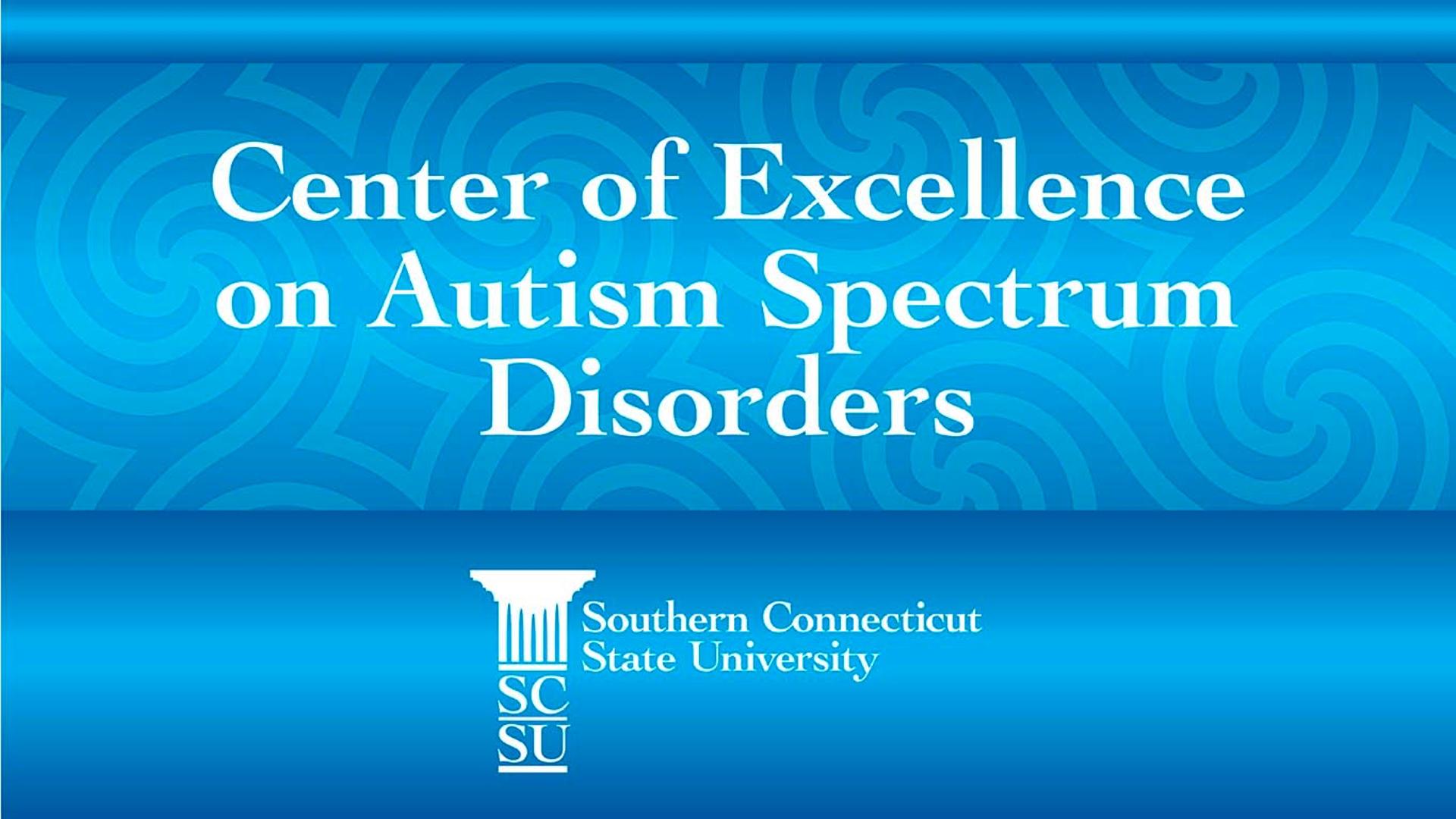
Building Community Circles: Navigating the Transition Pathway for Individuals with ASD
On April 30th, 2021 the Center of Excellence on Autism Spectrum Disorders hosted our 2nd Conference on Transition to assist school personnel and families with meeting the diverse transition needs of individuals with ASD in our state: Building Community Circles: Navigating the Transition Pathway for Individuals with ASD.
* Click on the title of the presentation to view the recordings and slides from each of the sessions:
Keynote: Secondary Transition Discussion with CT State Agencies
Presenters/Panelists: Cathleen A. Calway, Autism Support and Resource Specialist, Department of Social Services (DSS), Division of Health, Community Options Unit; Ian Card, Level Up Counselor, Aging and Disability Services (ADS), Bureau of Rehabilitation Services (BRS); Lisa Farrell, Richard Martinez, MaryEllen McGarry, and Cynthia Scott, Benefits Specialists, Aging and Disability Services (ADS), Bureau of Rehabilitation Services (BRS), Connect to Work Project; Ebony Johnson, Lead Workforce Specialist – CareerHub, The WorkPlace; Karen Quesnel, RETAIN-CT Project Manager, Connecticut Department of Labor (DOL), Office of Workforce Competitiveness; Brian K. Smith, Assistant Regional Director – West Region, Department of Developmental Services (DDS), Individual and Family Support Division; Alycia M. Trakas, Education Consultant, Connecticut State Department of Education (CSDE), Bureau of Special Education (BSE)
Session Description:
School-age students, who have been found eligible for special education services, are entitled to a free appropriate public education (FAPE) in the least restrictive environment (LRE) under the Individuals with Disabilities Education Act (IDEA). The process and requirements for accessing adult and community services are different from public education. Strong partnerships between the family, school, and agencies are critical to a student's successful transition from school to adult life. This session will assist families in understanding and navigating the secondary transition planning process. Discussion includes a review of federal and state requirements, as well as an overview of tools, resources, and professional learning opportunities related to secondary transition.
Best Practices in Transition for Individuals with ASD
Presenter: Nick Gelbar, PhD BCBA-D NCSP
Session Description:
This session discussed practices for improving services for individuals with ASD during the transition to postsecondary education. It covered common areas that are overlooked during this transition for individuals with ASD and provided an overview of best practices for secondary transition including specific suggestions for transition assessments and programming.
College for Students with ASD
Presenter: Dr. Fred Volkmar
Session Description:
This presentation provided an overview of the growing role of college for students on the autism spectrum. Needs on the part of both the student and the college were summarized and relevant resources highlighted.
Challenging Behavior and Community Employment for Adults on the Spectrum
Presenter: Peter Gerhardt, Ed.D.
Session Description:
Individuals with ASD who present with challenging behavior are often viewed by those around them unemployable. In most cases, however, such a view is unwarranted. This presentation provided a brief overview of the ways in which employment opportunities for these individuals can be identified and thoughtfully developed leading, in turn, to better employment outcomes and fewer episodes of challenging behavior.
Recreation: The Key to a Quality Life
Presenter: Dr. Mary Jo Archambault
Session Description:
Engaging in activities of interest has a plethora of benefits for all people, including individuals with ASD. Unfortunately, for individuals with ASD there are often barriers associated with leisure engagement. This presentation provided guidance on how to navigate these barriers while assisting individuals in finding meaningful opportunities for leisure engagement.
Closing Panel Discussion: Self-advocacy and Parent Panel
Presenters: Connecticut Parent Advocacy Center, Inc.
Session Description:
Parents and individuals on the spectrum shared their stories on how they navigated the transition pathway.
